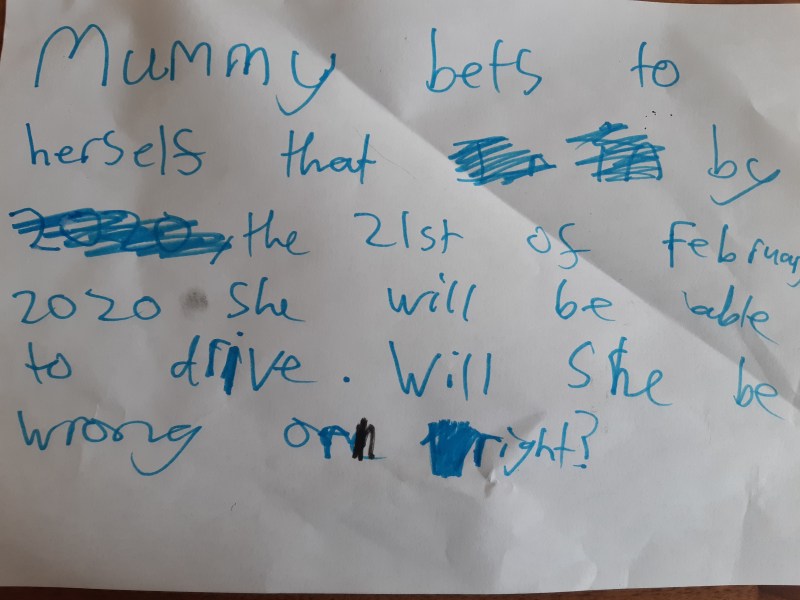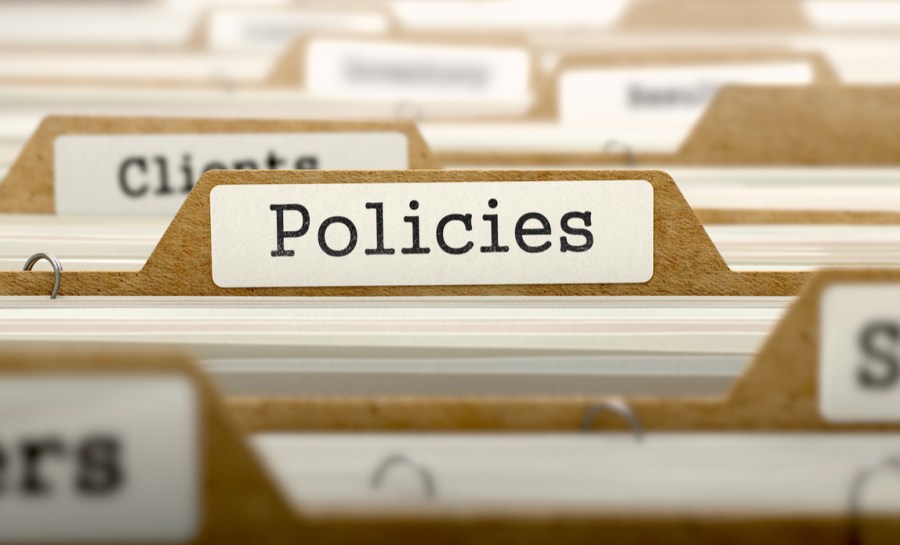Boycott, Divest and Sanctions (or BDS) is part of the pro-Palestinian movement, which is pressurising local governments and other organisations to sever their pension funds from supposed investments in Israel and what they perceive as illegal settlements. It might seem an obscure and irrelevant cause to those who know nothing about it. However, and I don’t mean to dramatise, but I think this movement has the power to impact everyone, whether they are interested in the Israel-Hamas conflict or not. It needs to be stopped.
Before I say why, I hold my hand up and say, ‘I am a Zionist’. I am Jewish and I unapologetically believe in Israel’s right to exist. I also have friends and family in Israel and have spent many a holiday there. However, I am not an expert in geopolitics, Middle Eastern history or human rights, but I do not think that you need to be any of these things to oppose BDS.
I was, until recently, even for a Jew, ignorant about this movement. But I was so outraged when I heard last month about a petition asking my council (Hertfordshire) to divest their pension fund from what the petitioners said were ‘‘companies complicit in Israel’s well-documented human rights abuses against Palestinians” that I decided to attend the debate. Before the council meeting, there was a protest. About 30-40 pro-Israel ‘activists’ attended, and 15-20 pro-Palestinians. I say ‘activists’ in inverted commas, because I am sure that most of us had better things to do with our time than stand outside council headquarters on a mild October morning. However, I knew what motivated me to attend. Supporting a country that I know and love. I have my theories about what motivated the pro-Palestinians, but I will come to that later.
We were soon moved to the council chamber, and I got to see local government in action for the first time in my life. The motion had been watered down so that it did not explicitly mention Israel but asked the council to ask its Pensions Committee to review its Responsible Investment Policy. The motion was passed by one vote. The council have a primary duty to invest effectively and so in all likelihood, the discussions at the Pensions Committee will come to nothing. However, the motion would not have been discussed without the support from pro-Palestinian councillors and protestors.
A few days later, I watched online, at Hackney’s extraordinary council meeting specifically to discuss divestment from Israel. After a heated and fraught debate, which involved screaming and shouting from the pro-Palestinians, the motion was not carried. Afterwards, I decided to do some further research, and I was shocked at what I found. After trawling through the websites of council meetings and newspaper articles, I discovered the sheer scale of this movement. After tallying up my findings, I concluded that 98 councils out of 381 had investigated or had a debate on divestment due to pro-Palestinian pressure. That is 26%. So just over one quarter of UK councils (primary councils, not including town or parish councils) have spent time debating and writing reports on divestment from Israel – even if not all of the motions were carried.
Like most people in life, I have more than one label – I am also a special educational needs (SEN) mum. Like many a SEN parent, in the pursuit of an appropriate education for my child, I have spent countless hours trying to communicate with the council and councillors. Apart from one or two people, most did not even respond. I tried again. I appealed. I filled out forms. It was a painful, exhausting and traumatic experience. So I sat at the Hertfordshire council meeting, gobsmacked – the council simply does not have the expertise or remit to investigate what is essentially national foreign policy and complex trade agreements. It has the expertise and remit to discuss SEN. And social care. And roads. As do all the other councils who decided it was a good use of their time to discuss BDS. It is a shame that the Economic Activity of Public Bodies (Overseas Matters Bill) which would have outlawed these debates did not come to pass. That some councillors think that the Middle East should be a priority discussion at local government level, is, it seems to me, a dereliction of duty which rational people should oppose.
However, there is another more profound reason why right-minded people should be against this movement – it encourages hate. BDS says it stands for human rights. But its actions speak otherwise. The movement is not interested in other conflicts in the world, and it is not even interested in the human rights of Palestinians. If it were, it would clearly state that it opposes Hamas – a terrorist organisation that opposes women and LGBTQ+ rights and builds tunnels for hostages instead of homes for its population.
BDS says it wants a better life for Palestinians – but their method does not make sense. Let us say that through these petitions at local councils and universities, the likes of Microsoft and Amazon decide to divest from Israel. What would happen? In the BDS movement’s dream, it would be the downfall of the Israeli economy. However, in 2022, 18 percent of Palestinians living in the West Bank and Gaza were employed in Israel and its territories. After the October 7th massacre in 2023 Israel stopped most work permits and now only two percent work there. One can presume that many Palestinians would like to get their jobs back. But they will not, even if there is peace, if the Israeli economy shrinks. The truth that the pro-Palestinian activists cannot stomach is that if they want to improve the lives of Palestinians, then they should advocate for a strong Israeli economy.
So, if BDS is not about Palestinians – what is it about? As I said, the only conclusion that I have come to is that it is about hate. It is about scapegoating. It is about protesting because it is easy to protest. Finding solutions for this protracted dispute is much harder. This hate of the world’s only Jewish state is called antisemitism. But it is not alone in being a movement of hate – we see it elsewhere today, most notably in the Green and Trans movements. Caring about what is happening in other parts of the world, about the climate, and about minorities could be beneficial if those advocating for these issues came up with solutions which take into account other people’s viewpoints. But when it slips into shouting, hostility and cancelling, then it becomes damaging to society as a whole. It starts to impact on everyone. One of life’s lessons often learnt the hard way is that hate does not achieve change. It festers; it eats you up and can diminish your sense of agency. This hate is why I believe the pro-Palestinians stood outside the council offices. For this reason and because it is a waste of council resources, everyone should oppose BDS.
Palestinian data – Table 21 https://www.pcbs.gov.ps/portals/_pcbs/PressRelease/Press_En_LFSQ12022E.pdf
https://www.pcbs.gov.ps/portals/_pcbs/PressRelease/Press_En_LFSSYQ22025E.pdf – Table 16








